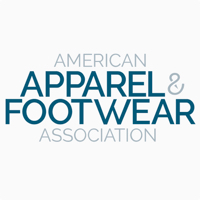 AAFA RSL
AAFA RSL
The American Apparel & Footwear Association (AAFA) is a national trade association representing apparel, footwear and other sewn products companies, and their...
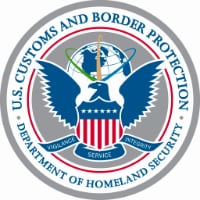 Americas Trade and Investment Act
Americas Trade and Investment Act
The Americas Trade and Investment Act is a bi-partisan bill introduced on 6th March 2024 to promote regional trade with close US partners but also aims to boost textile...
 Bangladesh RMG Sustainability Council (RMC)
Bangladesh RMG Sustainability Council (RMC)
In May 2020, the Bangladesh RMG Sustainability Council (RMC) took over all the previous functions of the Bangladesh Accord on Fire and Building safety which was created...
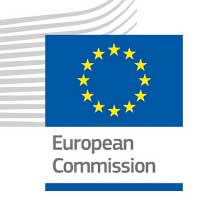 Best Available Techniques (BAT) Reference Document for the Tanning of Hides and Skins
Best Available Techniques (BAT) Reference Document for the Tanning of Hides and Skins
Best Available Techniques (BAT) Reference Document for the Tanning of Hides and Skins provides a review of the Best Available Technology in the Tanning Industry across...
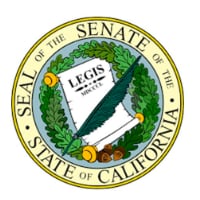 California Climate Corporate Data Accountability Act (SB 253)
California Climate Corporate Data Accountability Act (SB 253)
This bill was signed into law on 7th October 2023, and mandates that public and private companies operating in California – with annual revenues exceeding $1 billion...
 California Greenhouse Gases Climate Financial Risk Bill (SB 261)
California Greenhouse Gases Climate Financial Risk Bill (SB 261)
Signed into law on the same day as the California Climate Corporate Data Accountability Act (SB 253), this bill (SB 261) targets similar entities, applying to US-based...
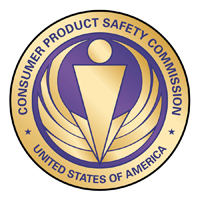 Consumer Product Safety Improvement Act
Consumer Product Safety Improvement Act
The Consumer Product Safety Improvement Act of 2008 (CPSIA) was enacted by the federal government of the United States of America to “establish consumer product safety...
 Convention on International Trade in Endangered Species of Wild Fauna and Flora (CITES)
Convention on International Trade in Endangered Species of Wild Fauna and Flora (CITES)
The Convention on International Trade in Endangered Species of Wild Fauna and Flora (CITES) is a voluntary, international agreement between participating governments. It...
 Council Directive 98/58/EC
Council Directive 98/58/EC
Council Directive 98/58/EC of July 1998 concerns the protection of animals kept for farming purposes and applies to the European region.
 CSC 9000T
CSC 9000T
The standard is based on Chinese laws, regulations and relevant international conventions, and was first launched in 2005 by the China National Textile and Apparel...
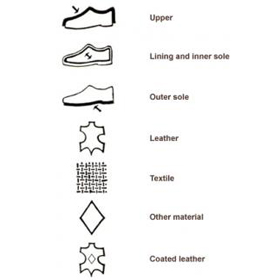 Directive 94/11/EC - Labelling applying to materials used in footwear
Directive 94/11/EC - Labelling applying to materials used in footwear
Directive 94/11/EC is a legal act of the European Union concerning the labelling of materials used in footwear, including parts sold separately. The European Union has...
 EU 1007/2011
EU 1007/2011
Introduced at the end of 2011, this EU regulation has brought together three previous regulations – directives covering ternary fibre mixtures (73/44/EEC), binary...
 EU Chemicals Strategy for Sustainability
EU Chemicals Strategy for Sustainability
This strategy was launched in October 2020 as part of the zero-pollution ambition – a key commitment of the European Green Deal.
 EU Corporate Sustainability Due Diligence Directive
EU Corporate Sustainability Due Diligence Directive
In December 2023, European Union legislators reached a deal on the proposed Corporate Sustainability Due Diligence Directive (CSDDD) that will make companies liable for...
 EU Corporate Sustainability Reporting Directive
EU Corporate Sustainability Reporting Directive
As part of the European Green Deal, since January 5th, 2023, the Corporate Sustainability Reporting Directive (CSRD) requires large companies and those that are publicly...
 EU Deforestation Regulation
EU Deforestation Regulation
The EU Deforestation Regulation (Regulation (EU) 2023/1115) aims to reduce the impact of the European Union’s contribution to global deforestation and forest...
 EU Digital Product Passport
EU Digital Product Passport
The Digital Product Passport (DPP) is a European Union (EU) mandatory requirement to create a digital product passport to electronically register, process and share...
 EU Ecodesign for Sustainable Products Regulation
EU Ecodesign for Sustainable Products Regulation
First published in March 2022, and coming into force in July 2024, the Ecodesign for Sustainable Products Regulation (ESPR), builds on the existing Ecodesign Directive...
 EU Extended Producer Responsibility
EU Extended Producer Responsibility
In July 2023, the European Commission unveiled its proposals to introduce a mandatory extended producer responsibility (EPR) scheme for textiles in all member states in...
 EU Forced Labour Regulation
EU Forced Labour Regulation
The EU Forced Labour Regulation is a new law that aims to prohibit products made with forced labour from being sold in or exported from the European Union market.
 EU General Product Safety Directive
EU General Product Safety Directive
The EU General Product Safety Directive is a directive provided by the European Commission on the requirements and surveillance of non-food consumer products on the market.
 EU Green Claims Directive
EU Green Claims Directive
The European Commission published a proposal for the Green Claims Directive on March 22, 2023, in a bid to stop misleading environmental messaging on consumer goods in...
 EU Regulation 834/2007
EU Regulation 834/2007
This regulation was developed to regulate the organic farming sector within and beyond the European Union. The use of the term ‘organic’ with the regulation...
 EU Strategy for Sustainable and Circular Textiles
EU Strategy for Sustainable and Circular Textiles
In March 2022, the EU adopted the EU Strategy for Sustainable and Circular Textiles, which addresses the entire lifecycle of production, and consumption of textiles and...
 EU Unfair commercial practices directive
EU Unfair commercial practices directive
The objective of the EU Directive regulatory framework on unfair commercial practices is to boost consumer confidence and make it easier for businesses, especially small...
 EU Waste Framework Directive
EU Waste Framework Directive
The Waste Framework Directive sets the basic concepts and definitions related to waste management, including definitions of waste, recycling, and recovery. Preventing...
 EU-JRC End of Waste Criteria
EU-JRC End of Waste Criteria
The European Union’s Thematic Strategy on Prevention and the Recycling of Waste is a long-term strategy which aims to help Europe become a recycling society that...
 French Duty of Vigilance Law
French Duty of Vigilance Law
The Loi de Vigilance law in France was introduced in 2017 and requires large French companies to publish an annual ‘vigilance’ plan to identify environmental and...
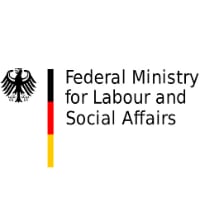 German Supply Chain Due Diligence Act
German Supply Chain Due Diligence Act
The Act on Corporate Due Diligence Obligations in Supply Chains came into force in Germany on January 1st, 2023, and requires that German enterprises to respect human...
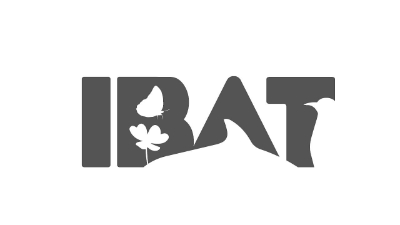 Integrated Biodiversity Assessment Tool
Integrated Biodiversity Assessment Tool
The Integrated Biodiversity Assessment Tool (IBAT) provides authoritative biodiversity data tools and guidance to help organisations act on biodiversity related risks...
 International Labour Organisation
International Labour Organisation
The International Labour Organisation (ILO) campaigns to improve rights at work, encourage decent employment opportunities, enhance social protection and strengthen...
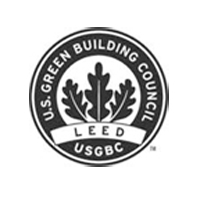 LEED
LEED
LEED, whose name originates from the acronym for Leadership in Energy and Environmental Design, was launched in March 2000 by the US Green Building Council.
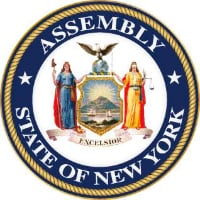 New York Fashion Act
New York Fashion Act
The Fashion Sustainability and Social Accountability Act, commonly known as the New York Fashion Act, is a proposed law that would apply to fashion and apparel companies...
 Organic Japanese Agricultural Standard
Organic Japanese Agricultural Standard
The production and processing of organic textiles sold on the Japanese market is regulated in the Japanese Agriculture Standard (JAS). These certified goods are...
 Responsible Textile Recovery Act - California (SB) 707
Responsible Textile Recovery Act - California (SB) 707
In March 2023, a Senate Bill was introduced in the US state of California aimed at creating a ‘first of its kind’ extended producer responsibility (EPR) textile...
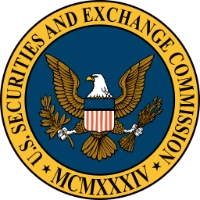 SEC Climate Risk Proposal
SEC Climate Risk Proposal
Proposed new rules from the Securities and Exchange Commission (SEC), an independent US government agency, aim to mandate listed companies to reveal audited information...
 The Uyghur Forced Labor Prevention Act
The Uyghur Forced Labor Prevention Act
Approved by US Congress in December 2021, the Uyghur Forced Labor Prevention Act, also known as the UFLPA, prohibits the importation of goods into the United States...
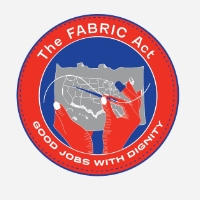 US Fabric Act
US Fabric Act
In May 2022, a new The Fashion Accountability and Building Real Institutional Change (FABRIC) Act bill was proposed that aims to protect the wages of US garment workers...
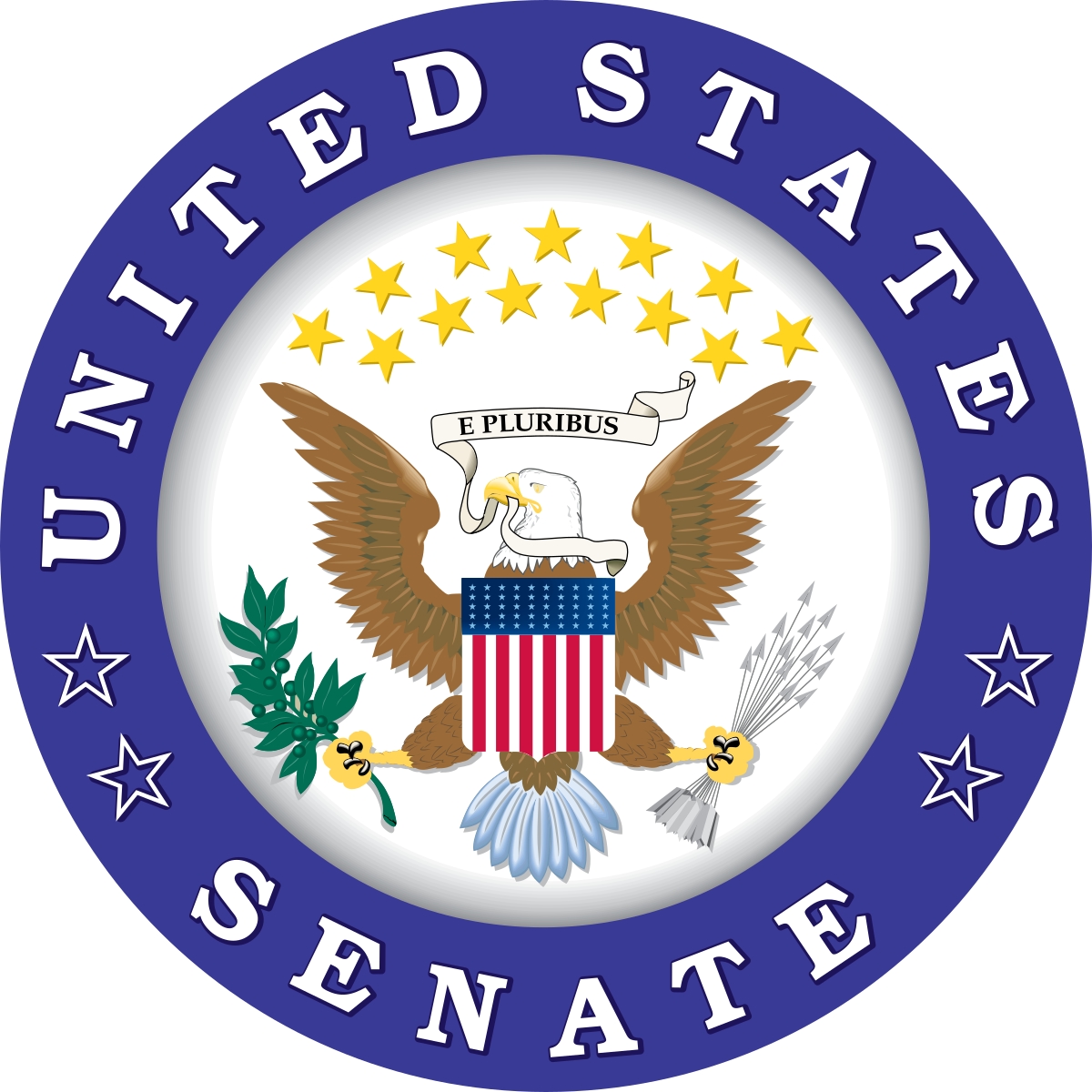 US Supply Chain Resiliency Act
US Supply Chain Resiliency Act
The bi-partisan Supply Chain Resiliency Act, introduced as Bill H.R. 6571 and passed in May 2024, and now goes to the Senate. It aims to strengthen and diversify...






